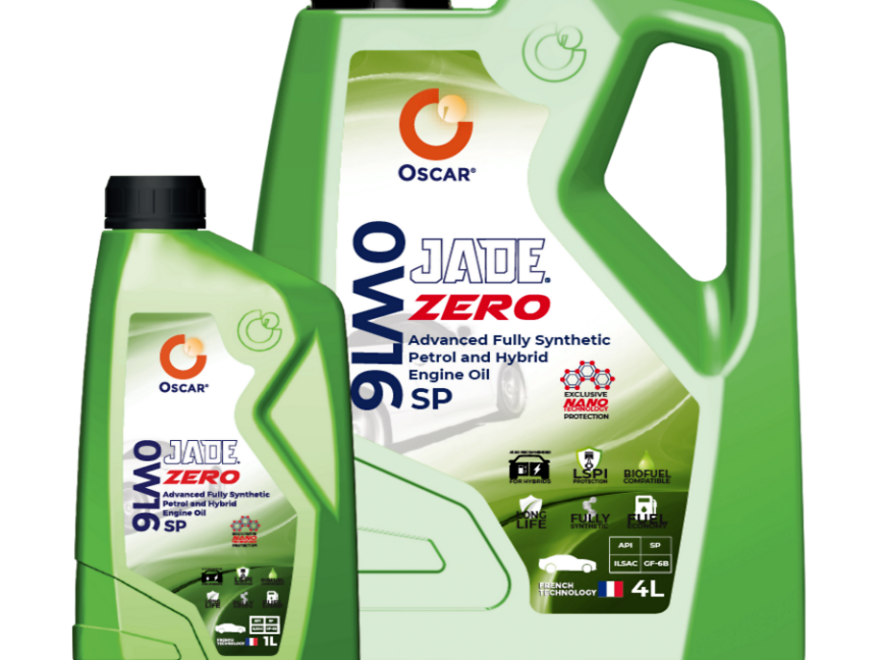Engine oil is one of the most critical components of an internal combustion engine. Its primary function is to lubricate the engine’s moving parts, minimize friction, and prevent corrosion. Choosing the best engine oil in UAE can significantly impact your vehicle’s performance, fuel economy, and longevity.
Composition of engine oil:
Modern engine oils consist of four main components: base oils, viscosity modifiers, detergent additives, and anti-wear agents. Base oils account for around 70% to 90% of the total volume of the engine oil and serve as the foundation for the other three components. Viscosity modifiers regulate the flow of the engine oil based on temperature changes, while detergent additives clean the engine by removing deposits and preventing sludge formation. Anti-wear agents form a protective layer on the engine’s surface, minimizing friction and wear.
Functions of engine oil:
As mentioned earlier, the primary function of engine oil is to lubricate the engine’s moving parts. Other roles include cooling the engine, protecting it from rust and corrosion, sealing the space between piston rings and cylinder walls, cleaning the engine, and dampening vibrations.
Classification of engine oil:
Engine oils are classified according to their physical and chemical characteristics, such as viscosity, volatility, flash point, pour point, and total base number (TBN). The Society of Automotive Engineers (SAE) developed a numerical system to rate the viscosity of motor oils. For instance, SAE 10W-30 indicates multi-grade oil suitable for both low and high-temperature conditions.
Selection criteria for engine oil:
Choosing the appropriate engine oil involves considering several factors, including the manufacturer’s recommendations, driving conditions, climate, and budget. Always refer to the owner’s manual for the recommended engine oil viscosity and specification. Check the label on the engine oil container for compatibility with your vehicle’s requirements.
Types of engine oils:
There are two main categories of engine oils: conventional and synthetic. Conventional engine oils are derived from crude oil and undergo refining and treatment processes to remove impurities. They provide adequate lubrication and protection for cars driven under normal conditions. On the other hand, synthetic engine oils are chemically synthesized using advanced technologies and offer better performance than conventional oils. They have superior resistance to heat, cold, shear, and oxidation, making them ideal for high-performance engines and extreme driving conditions.

